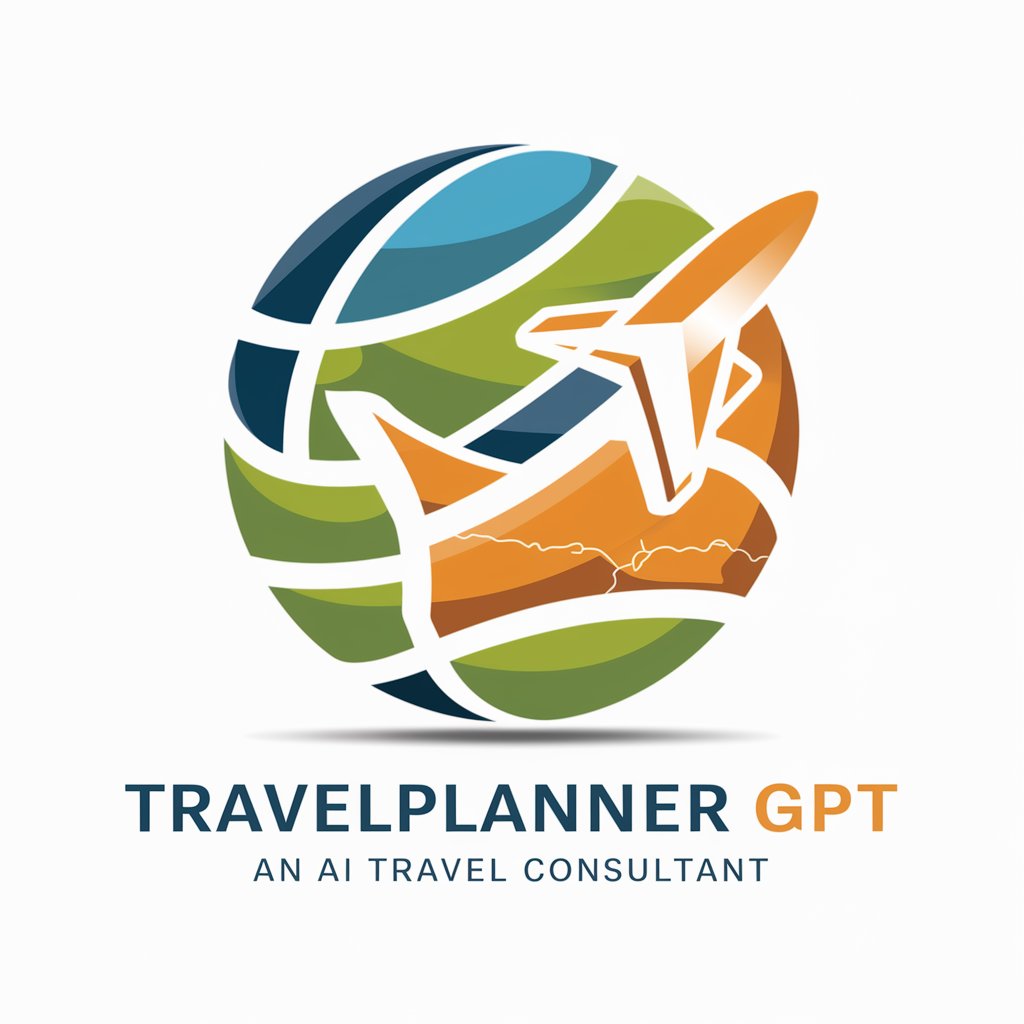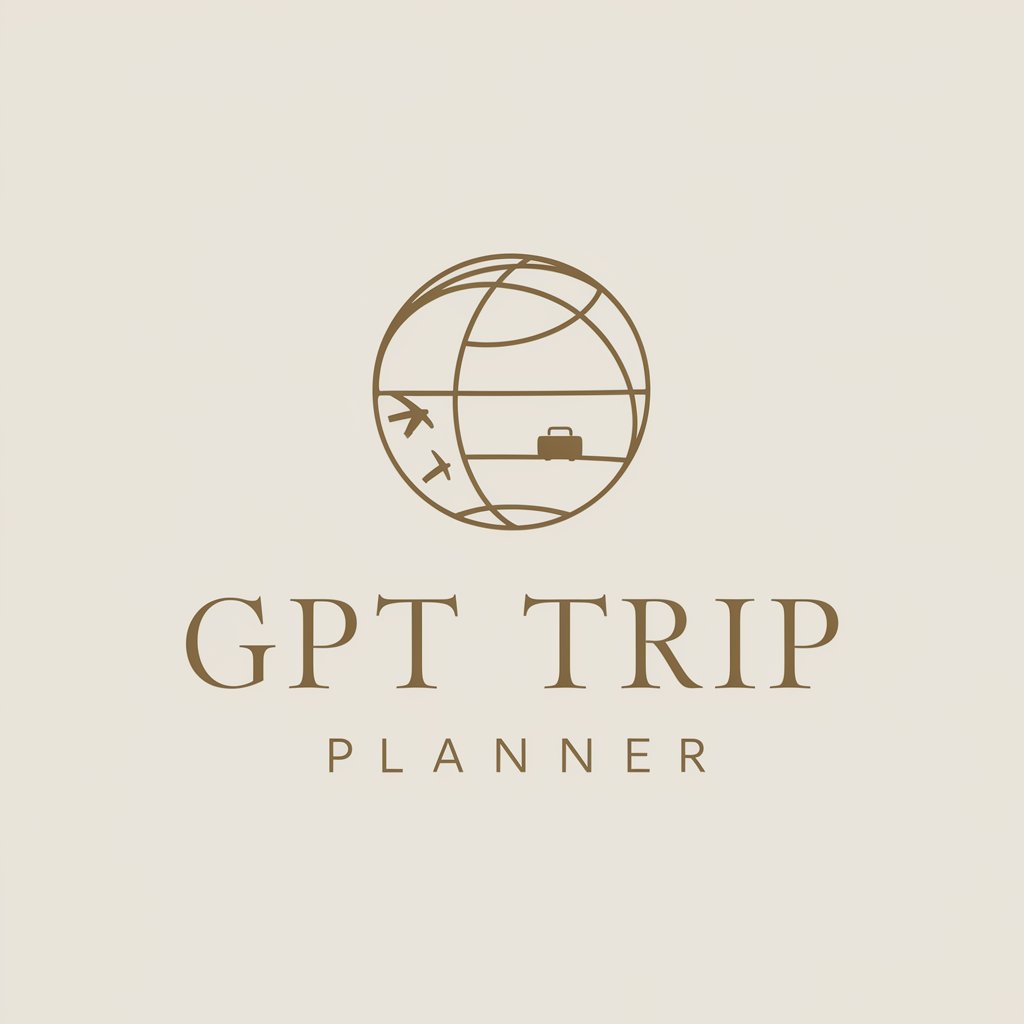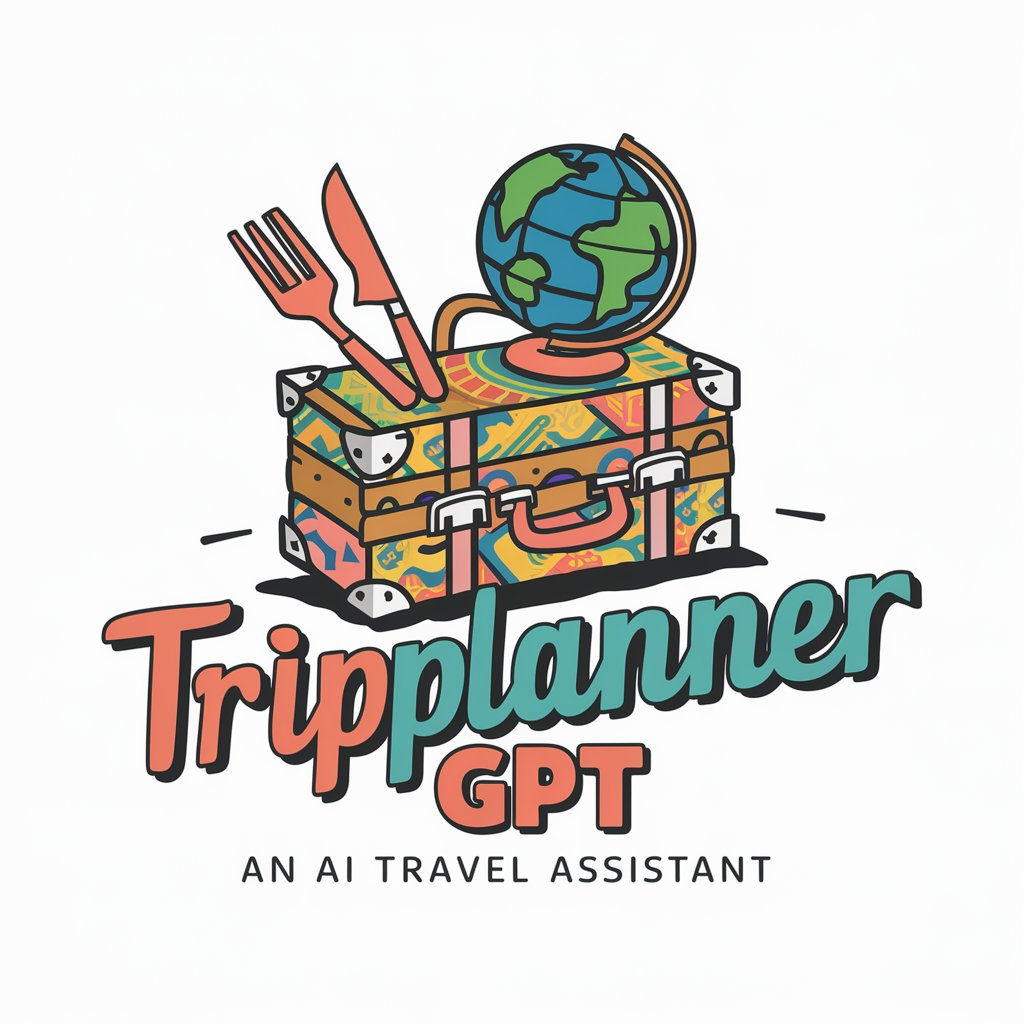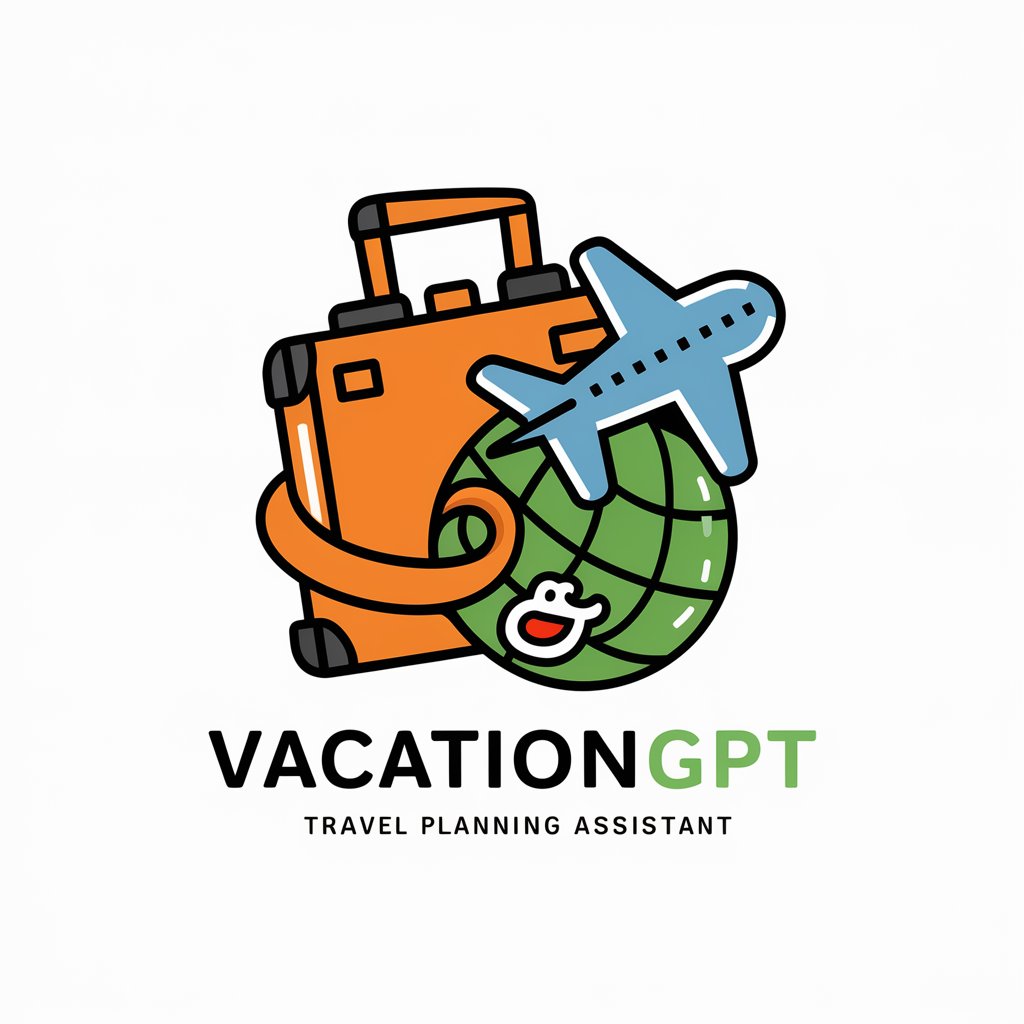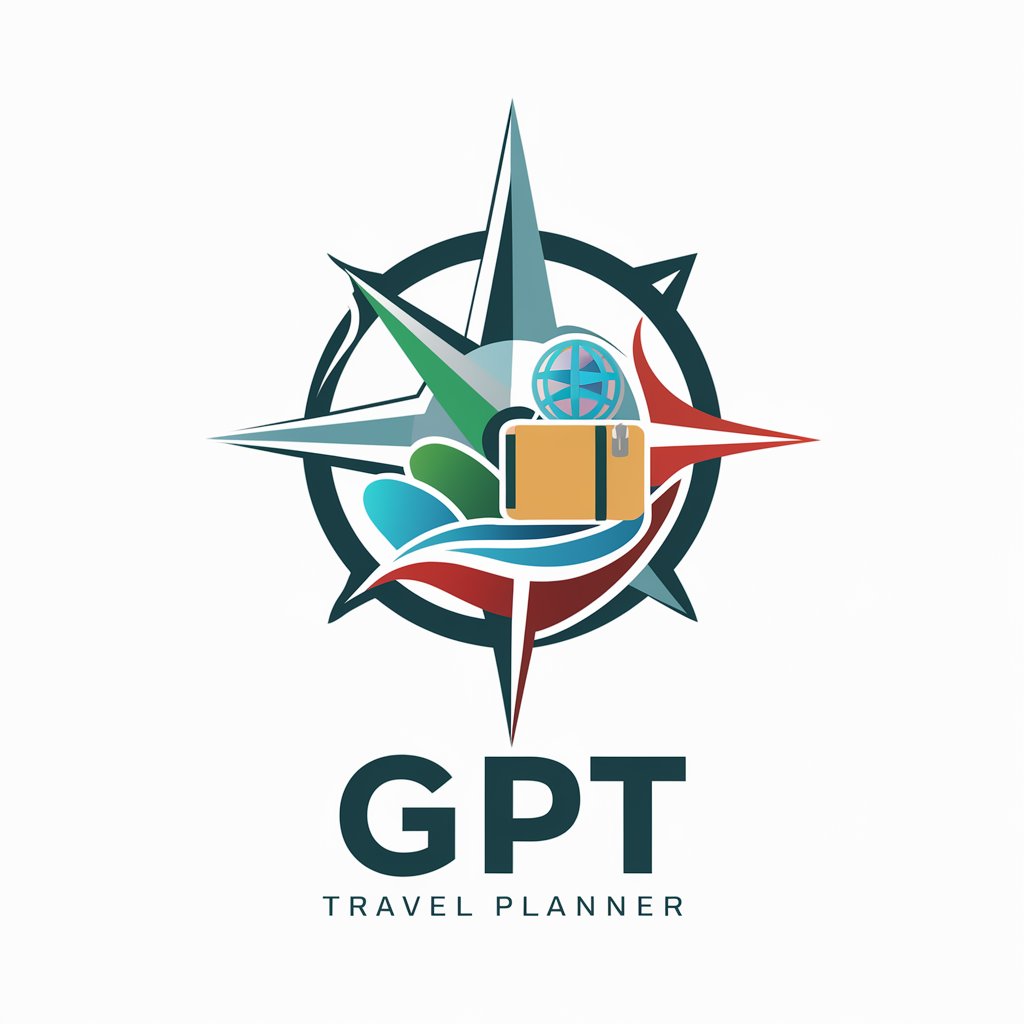
Travel Planner GPT - Travel Planning Assistant
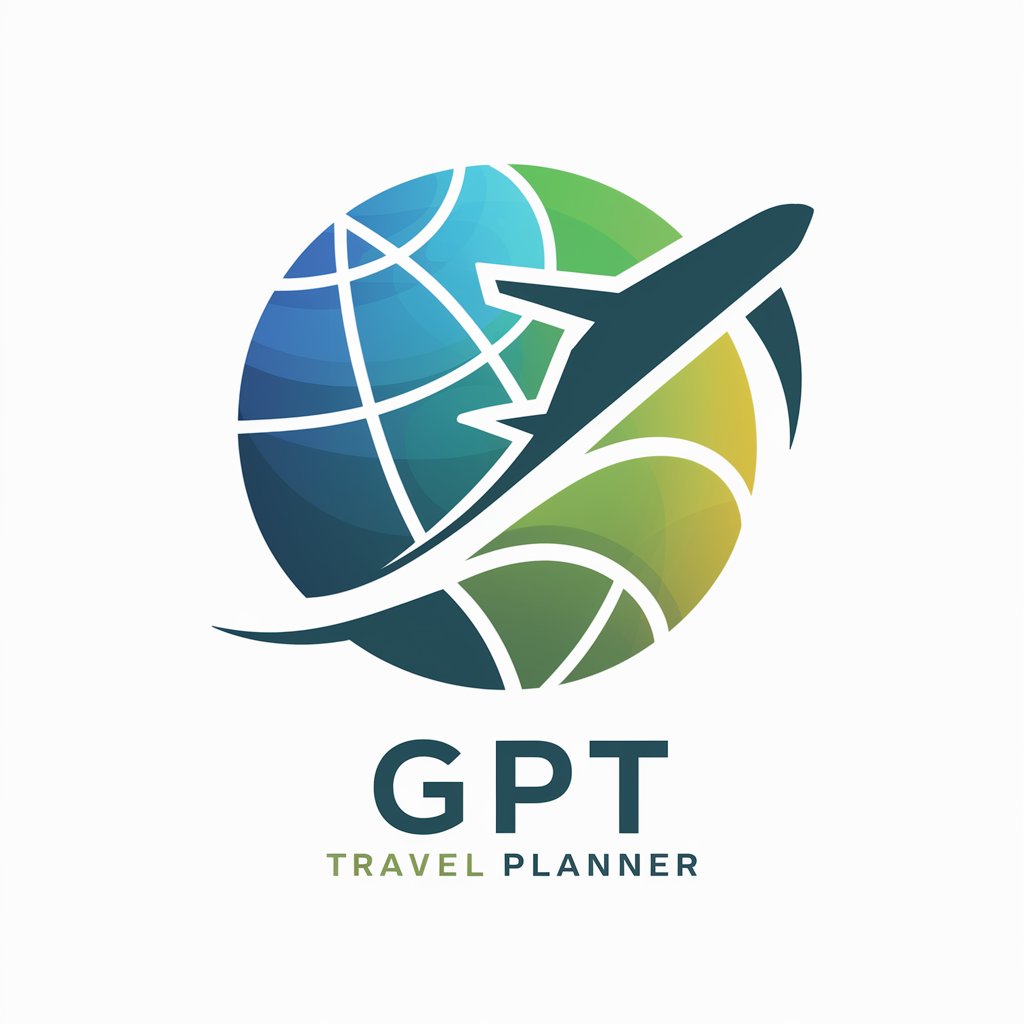
Hi there! Ready to plan your perfect trip?
Your AI-Powered Journey Designer
Can you help me find the best flights to
I'm looking for a budget-friendly hotel in
What are the must-see attractions in
Could you suggest some local restaurants in
Get Embed Code
Introduction to Travel Planner GPT
Travel Planner GPT is a specialized digital assistant designed to facilitate and enhance the travel planning process for individuals and groups. Its primary purpose is to streamline the creation of travel itineraries by providing personalized suggestions and detailed information based on user preferences and requirements. This AI-driven tool is capable of conducting real-time research to offer recommendations on accommodations, transportation options, dining, events, and attractions, aiming to optimize travel experiences within the user's budget and interests. For instance, a user planning a trip to Paris could receive a curated list of must-visit landmarks, along with suggestions for unique, local dining experiences, and options for budget-friendly or luxury accommodations, all tailored to their specified dates, interests, and budget. Powered by ChatGPT-4o。

Main Functions of Travel Planner GPT
Itinerary Creation
Example
Generating a day-by-day itinerary for a week-long trip to Japan, including transportation, accommodations, and activities.
Scenario
A family planning their first trip to Japan requests a detailed itinerary. Travel Planner GPT suggests a route starting in Tokyo, moving to Kyoto via bullet train, and ending in Osaka, including cherry blossom viewing spots, historical landmarks, and recommended dining for each city.
Accommodation and Transportation Recommendations
Example
Finding the best deals on hotels in New York City or identifying the most convenient flights to Rome.
Scenario
A couple seeks accommodations in New York City's Manhattan area within a specific budget. Travel Planner GPT presents a selection of hotels with the best value, considering their preferences for location, amenities, and guest reviews.
Customized Activity Suggestions
Example
Curating a list of activities based on interests, such as wine tasting tours in Napa Valley or adventure sports in New Zealand.
Scenario
An adventure enthusiast plans a trip to New Zealand and requests recommendations for bungee jumping and skydiving. Travel Planner GPT outlines the top-rated adventure sports operators, including details on safety records, package deals, and user reviews.
Ideal Users of Travel Planner GPT Services
Solo Travelers
Individuals seeking to explore new destinations on their own. They benefit from personalized itinerary planning, safety tips, and recommendations for social spots to meet fellow travelers.
Family Vacation Planners
Families looking for travel options that cater to both adults and children. They benefit from suggestions on family-friendly accommodations, activities suitable for all ages, and dining that meets various dietary needs.
Business Travelers
Professionals traveling for work who need efficient travel plans that align with business commitments. They benefit from streamlined itineraries, recommendations for business hotels and meeting venues, and options for leisure activities in downtime.

Guidelines for Using Travel Planner GPT
Initial Access
Visit yeschat.ai for a free trial without login, eliminating the need for ChatGPT Plus.
Define Your Trip
Present your travel preferences including destination, budget, travel dates, and interests. Be specific to get tailored suggestions.
Explore Options
Utilize the provided options for flights, accommodations, activities, and dining. Compare these to align with your preferences and budget.
Refine Choices
Narrow down choices by asking for more detailed information or adjustments in the plan, ensuring it meets all your travel needs.
Finalize Plan
Review the final itinerary, ask any remaining questions, and use the detailed information provided to make your own reservations.
Try other advanced and practical GPTs
Time Unlimited | Virtual Time Travel Assistant
Journey Through History with AI
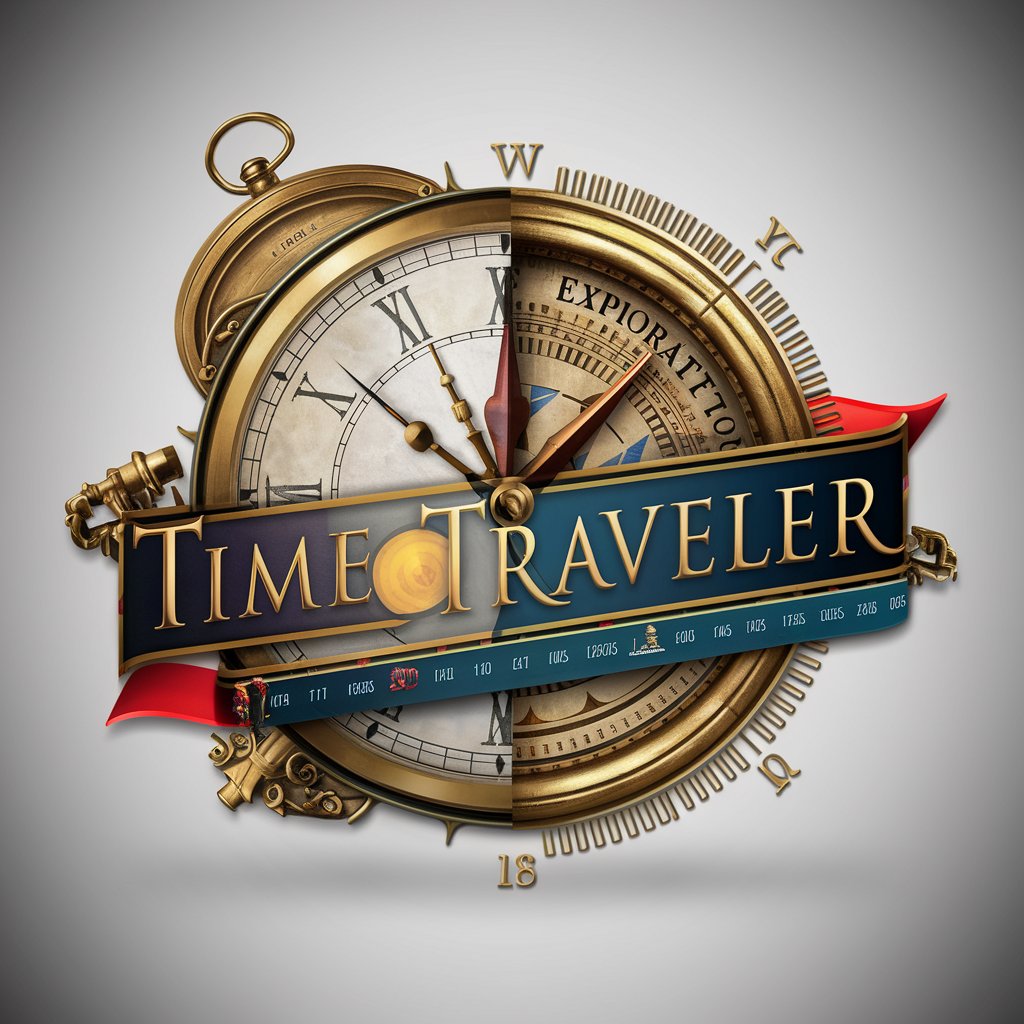
Voyage Buddy
AI-Powered Travel Companion

Legal Argument Assistant
Empowering Legal Minds with AI

The Maritime and Naval English Guide
Navigate English Seas with AI
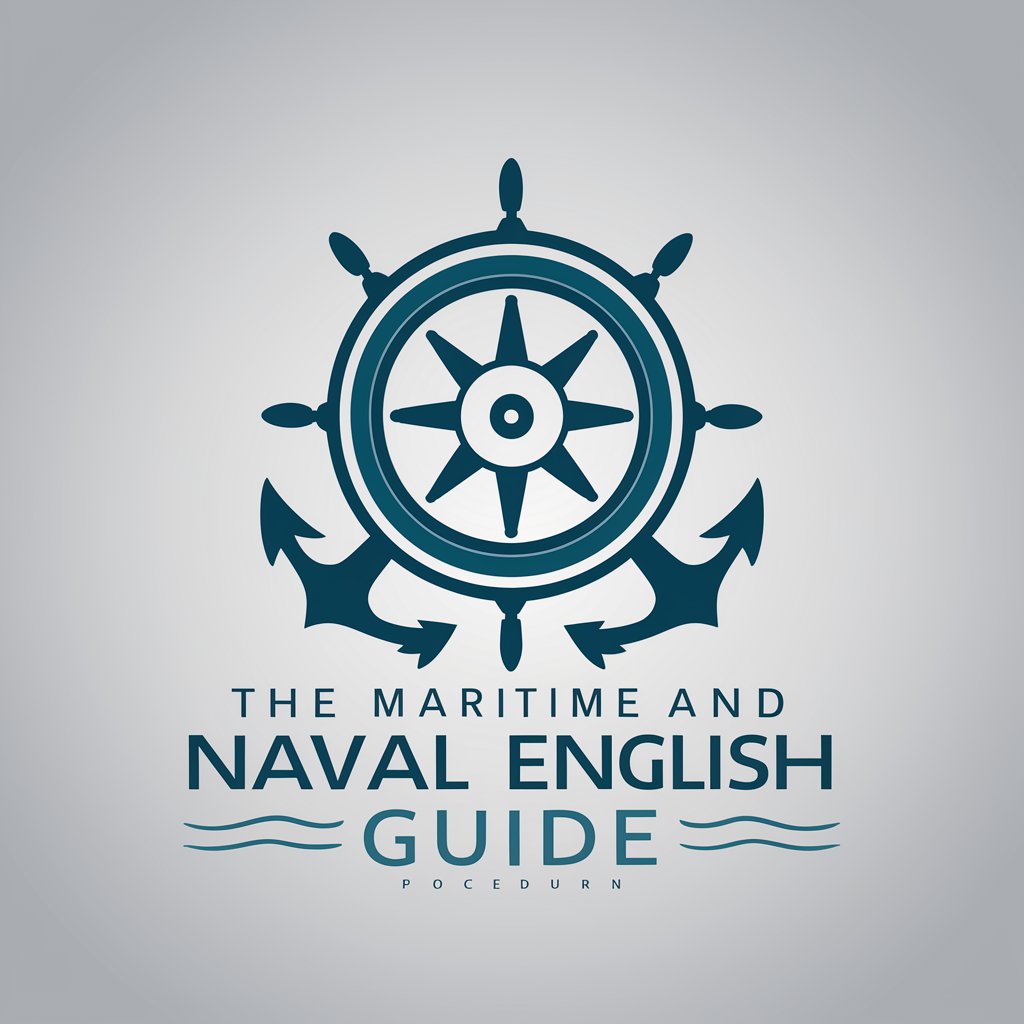
Best Translator - Expert Grade
Precision in Translation, Clarity in Communication

Neovim Buddy
Streamline Your Neovim Experience with AI

Thinkiac: GPT API v1.0.0 Assistant for Python
Empowering Innovation with AI

Tech Trouble Fixer
AI-powered personalized tech support

Genius Learn visual - concepts, theories, methods
Simplifying complexity with AI-powered visuals

KnowledgeBunny
Empowering Knowledge Discovery with AI

Crafting Elegance in C#: UI Design Mastery
Craft elegant UIs with AI-powered design insights.

🖥️ Design Your UI with C#
Craft intuitive UIs with AI-powered C# guidance.

Frequently Asked Questions about Travel Planner GPT
Can Travel Planner GPT book flights and hotels directly?
No, it provides detailed information for flights and hotels, but users need to make reservations themselves.
Does it offer budget travel options?
Yes, it adapts suggestions to include budget-friendly options for accommodations, transportation, and activities.
Can it plan trips for specific interests, like historical tours?
Absolutely, it tailors itineraries based on specific interests, including cultural, historical, adventure, or leisure activities.
Is it suitable for planning business trips?
Yes, it can efficiently plan business trips, focusing on convenient travel options, suitable accommodations, and meeting venues.
How does it ensure the best value for money?
It researches and suggests the best prices for all aspects of the trip, ensuring a balance between cost and quality.
